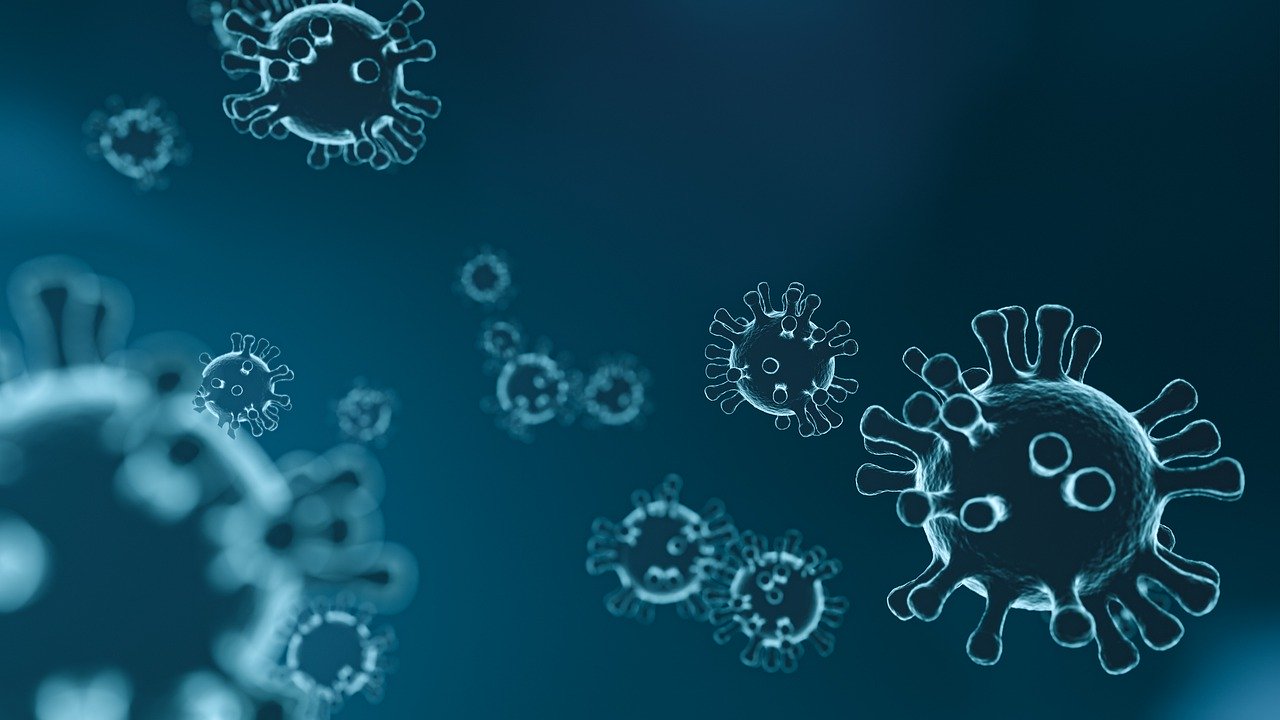Management of COVID-19 – Bursting Myths
Apr 19, 2022
COVID-19 or Corona Virus Disease -19 is caused by SARS Corona Virus 2. The first case has been reported from China and since then 97,699 confirmed cases have been reported globally till March 6, 2020, 12:35 pm.
Diagnoses of COVID-19
History – If there is history of travel to China, Italy, Iran, South Korea along with symptoms like fever, cough, breathlessness, sore throat, running nose, then there should be a high suspicion of COVID-19.
Investigations – Suspected cases should undergo lab testing for RT-PCR of Nasopharyngeal and Oropharyngeal secretions. The sample should be sent to the designated labs authorized by the Government of India. Along with this, blood investigations, Chest X-Ray should be done if required.
Treatment of COVID-19
There is no proven treatment for COVID-19 till now. So, the treatment is only supportive with help of antipyretics (Paracetamol). If the patient has respiratory failure, then ICU management is required.
Prevention of COVID-19
Suspected cases should be quarantined for 14 days or longer if required.
Practice personal respiratory hygiene – Cover your mouth and nose while sneezing. Keep a safe distance of 6 feet if someone is coughing or sneezing. Maintain good hand hygiene by using soap and water regularly to wash hands. If soap not available, use alcohol-based hand sanitizers to disinfect the hands.
Wearing Mask – As per advisory of World Heath Organization, it is advised that one should wear a mask only he is taking care of a suspected person and if you are coughing or sneezing. Before wearing the mask, one should clean their hands, cover the mouth and nose with the mask and ensure no gap is there between the mask and the face.

Prevention of COVID-19 in Workplace
- Keep alcohol-based hand sanitizers in various places in the office
- Display informative material for hand hygiene
- Promote good respiratory hygiene at the workplace
- Advise employees to take national travel advice before planning business trips
- Avoid shaking hands and close contact with anyone during meetings
COVID-19 is a preventable disease if appropriate preventive measures are taken.









